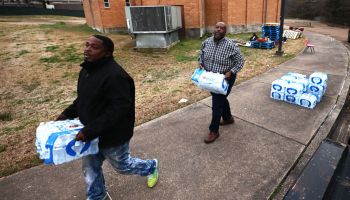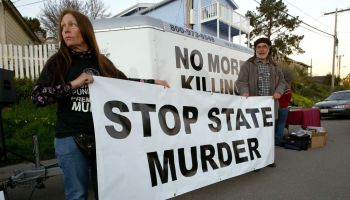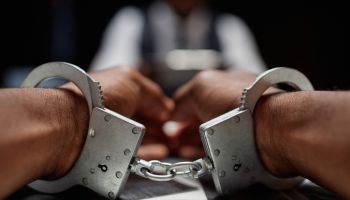In the 1960s, being Black and exercising your right to vote meant losing your job, being beaten or even lynched. But for Fannie Lou Hamer, voting rights activist and civil rights leader, there was no point in being scared. Fearless, she was among the first to organize voter registration drives throughout the South during the Civil Rights struggle, and considered one of the best organizers of the entire movement. For her efforts, Hamer received death threats. She was shot at, jailed, brutally beaten, and fired from the plantation where she worked. She was “tired of being sick and tired,” Hamer said. Thanks to Hamer’s relentless commitment, not only can African-Americans vote with no restraints, they eventually went to the voting booths in droves and successfully elected the first African-American President.
Fannie Lou Hamer was born in Montgomery County, Mississippi on October 6, 1917. She was the youngest of 20 children, born to sharecroppers Jim and Ella Townsend. Hamer began helping her parents in the fields when she was six-years-old. At 12, she dropped out of school to work the fields full-time.
In 1962, Hamer volunteered with the Student Nonviolent Coordinating Committee (SNCC). In 1964 she became SNCC’s field secretary, and co-founded the Mississippi Freedom Democratic Party (MFDP), which challenged the legitimacy of the Democratic National Convention’s all-white Mississippi delegation.
Text continues after gallery …
In front of the Credentials Committee, in a televised proceeding, Hamer gave a riveting speech. She explained how taxes, literary tests, and intimidation prevented African-Americans from registering to vote. The convention soon “compromised,” offering MFDP two seats, which the MFDP refused. Although they were denied official recognition, they continued to successfully register African-Americans to vote.
On March 14, 1977, at the age of 59, Fannie Lou Hamer died of cancer. Hamer was an unyielding pioneer in the struggle for civil rights. She knew voting was the vehicle to change the plight of African-Americans.
RELATED STORIES















